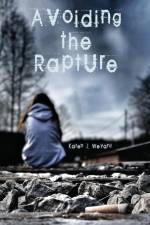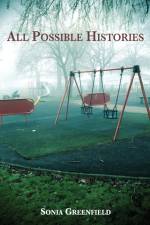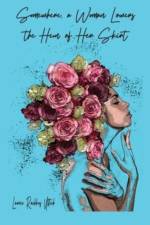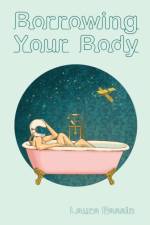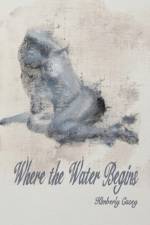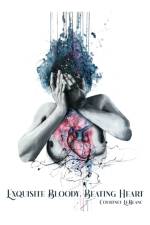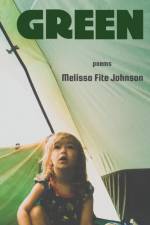av Kimberly Casey
197
Where the Water Begins refers to the origin, the root, the remembering of the incident itself while understanding the fluidity of memory. Where the water begins asks where we started, where we first learned about loss, where we inherited our grieving processes from, where our forefathers and foremothers learned from, and what we may unconsciously carry in the currents of our blood. Who were you before this troubling event? What within the core of you changed? If you could go back to the root, would you? Or, is your memory of your past self also inaccurate, fluid, making you homesick for a time that never exists, for a you that never was?I have known water to be a mysterious thing-full of peace or death, life or danger. In Where the Water Begins, Kimberly Casey enters, deliberately and with unquestionable poetic skill, into that uncertainty, that life-giving and taking body. These poems are delicate in their sight and sound, and they hold multitudes of pain, memory, and the way in which the self can always find itself, even in the wash of waves. It is an incredible book, one which takes the reader to her own ocean's bottom and up toward the air which waits above the water's edge. It is a prayer of a book, it is a wrestling which ends in release. Ashley M. Jones, author of REPARATIONS NOW! Bearing witness to generational trauma and survival, Kimberly Casey's debut collection asks, "What in our blood begs us to drown ourselves?" With tenderness and honesty, these poems reveal our most human scars - those of the flesh and those of the spirit, the accidental and self-inflicted. When you discover part of yourself reflected in Where the Water Begins, honor that wavering image, "[p]raise it for its resilience. Kiss [its] palms." Emari DiGiorgio, author of Girl Torpedo In this aptly titled collection, a body of griefs comes to life slowly, slowly, unfurling throughout the pages as quietly as it can, taking the reader by surprise. Here, is a body filled with water, a body filled with scars, a body filled with water-memories, a body filled with deaths it keeps churning and churning upon itself, as if these remembrances will keep the lives lost, and itself, breathing, breathing. There is strength in such brokenness, it seems to say, and the poet does a stunning job of rebuilding it brick by brick, bone by bone, a tender care weaved throughout, as if to say, there is no salvation here, but there is home. And home is riddled with new griefs. Whether the poems are talking about familial relations, or pulling memories out of their graves, or counting the deaths of loved ones, they beckon us with difficult questions; through their tenderness, we are enshrouded with care too, and, suddenly, we find ourselves unspooling too - with this poet, we are reminded that what was once broken, can be mended, slowly, slowly. This is indeed a stunning, stunning collection. Mahtem Shiferraw, author of Your Body is War

